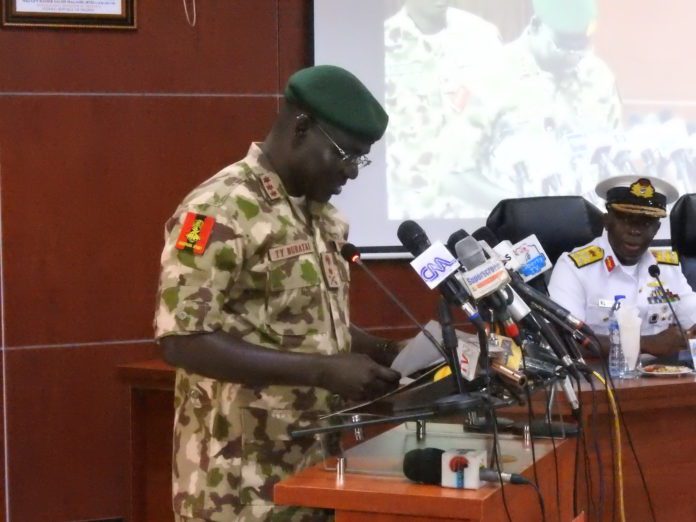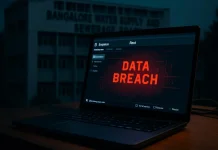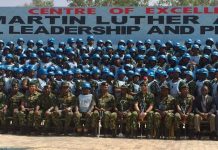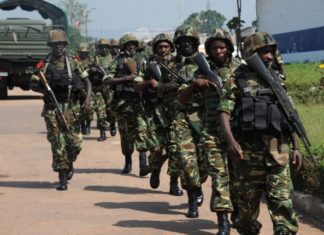
The Chief of Army Staff, Lieutenant General Tukur Buratai, has offered an explanation as to why troops of the Nigerian Army are regularly involved in several internal security operations across the country.
He said the dynamic and sophisticated nature of internal threats has brought about some peculiar challenges, which he noted has perpetually demanded that the military be continuously ingrained into internal security operations.
Buratai spoke at the National Defence College in Abuja, when he delivered a paper entitled, “Civil Military Relations: A new Paradigm of military engagement in Nigeria,” before the House of Representatives’ Committee on Defence.
The Army chief, represented by Major General Usman Shehu Muhammad, Chief of Civil-Military Affairs, pointed out that criminals, insurgents, armed bandits, and robbers are becoming more emboldened owing to numerous illicit acquisitions of heavier fire power to prosecute the nefarious activities which are inimical to personal and national security.
“There is the perceived challenges associated with the Nigeria Police Force who possesses limited firepower, comparable to these criminals.
“The aforementioned reason has further led to loss of confidence in the NPF to decisively restore law and order, especially during insurgency and armed banditry activities, hence the concerted calls for the involvement of the military in these operations,” he said.
Buratai, stressed the need for constitutional provisions for human rights, adding that members of the National Assembly have a special role in the promotion and protection of human rights.
His words: “Owing to its primary role in lawmaking, the legislature is the branch of government best placed to give effect to human rights, take practical measures to prevent abuses and to ensure that law provides practical means through which remedies may be sought for alleged violations.
“To this end, members of the National Assembly may influence policies and budgets at the national level, monitor policy implementation programmes at local levels, address the needs and concerns of their constituencies and act as a catalyst in the realisation of human rights domestically and internationally.”
Join Television Nigerian Whatsapp Now
Join Television Nigerian Facebook Now
Join Television Nigerian Twitter Now
Join Television Nigerian YouTUbe Now




